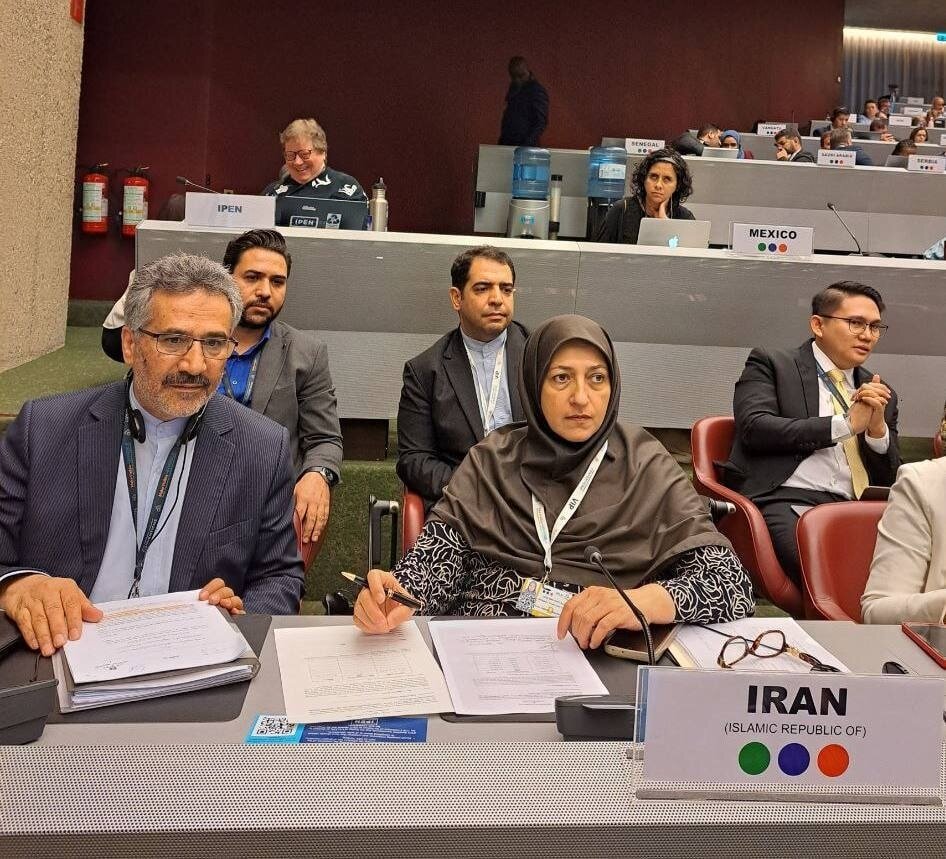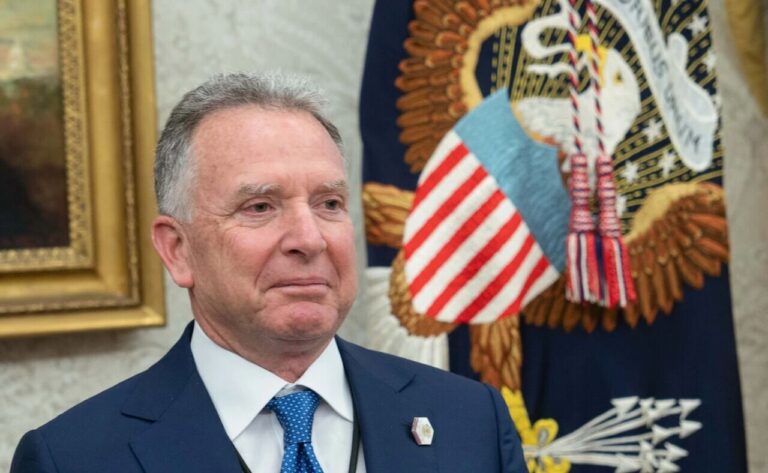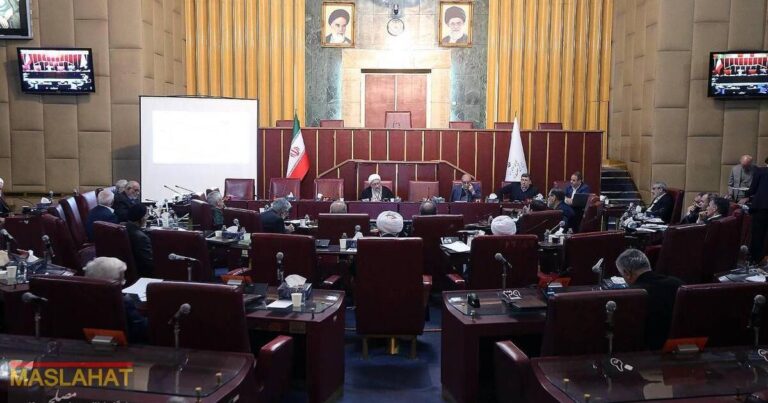Iran Joins Global Dialogue at 2025 BRS COPs in Geneva: A Crucial Step for Environmental Action
TEHRAN – A significant event is currently taking place in Geneva, where a delegation from the Department of Environment, the Ministry of Foreign Affairs, and the Ministry of Oil is actively participating in the 2025 Meetings of the Conferences of the Parties to the Basel, Rotterdam, and Stockholm Conventions (2025 BRS COPs). This important conference, which began on April 28 and will run until May 9, focuses on the theme “Make visible the invisible: sound management of chemicals and wastes.”
With over 1,600 participants from approximately 170 countries and regional economic integration organizations, along with 260 observer organizations, the 2025 BRS COPs gather a diverse array of stakeholders committed to environmental protection. These legally binding treaties are crucial for safeguarding human health and the environment against the threats posed by hazardous chemicals and waste.
The meetings are being held at the Geneva International Conference Centre, following preparatory sessions that took place on April 27. The agenda of the COPs includes critical discussions aimed at addressing the ongoing issues of hazardous chemical and waste pollution that pose significant risks to both human health and environmental integrity.
The conference encompasses three main sessions:
- The Basel Convention (BC COP-17)
- The Rotterdam Convention (RC COP-12)
- The Stockholm Convention (SC COP-12)
These back-to-back meetings address key topics related to chemical and waste management:
Highlights from the Conferences
- BC COP-17: This session will focus on the classification and hazard characterization of various wastes. Key topics include:
- Technical guidelines for persistent organic pollutants (POPs) waste
- Waste lead-acid batteries
- Pneumatic tires
- Electronic and electrical waste (e-wastes)
- Waste containing nanomaterials
- Mercury wastes
- Plastic wastes
- RC COP-12: This session will consider the listing of 10 hazardous chemicals in Annex III, thus making them subject to the prior informed consent procedure under the Convention.
- SC COP-12: This session will evaluate recommendations from the scientific body to include specific persistent organic pollutants (POPs) in Annex A for elimination, including:
- Chlorinated paraffins: Used in metalworking fluids as lubricants and found in PVC products, paints, sealants, and rubber.
- Chlorpyrifos: A widely used agricultural insecticide.
These discussions are essential for developing strategies to mitigate the adverse effects of hazardous chemicals and waste on global public health and ecosystems. The collaboration among nations and organizations at these meetings is vital for reaching consensus on how to manage and regulate the use of dangerous substances effectively.
As the world continues to grapple with environmental challenges, the 2025 BRS COPs serve as a platform for nations to come together, share knowledge, and formulate actionable solutions for a healthier planet. The outcome of these meetings could significantly influence international policies regarding chemical safety and waste management.
In summary, the ongoing 2025 BRS COPs in Geneva are a landmark event that emphasizes the importance of addressing hazardous waste and chemical management. The participation of government officials, environmental organizations, and experts from around the globe highlights a shared commitment to achieving safer and more sustainable environmental practices.
Stay tuned for updates as these crucial discussions progress and the outcomes are finalized, shaping the future of global environmental governance.






